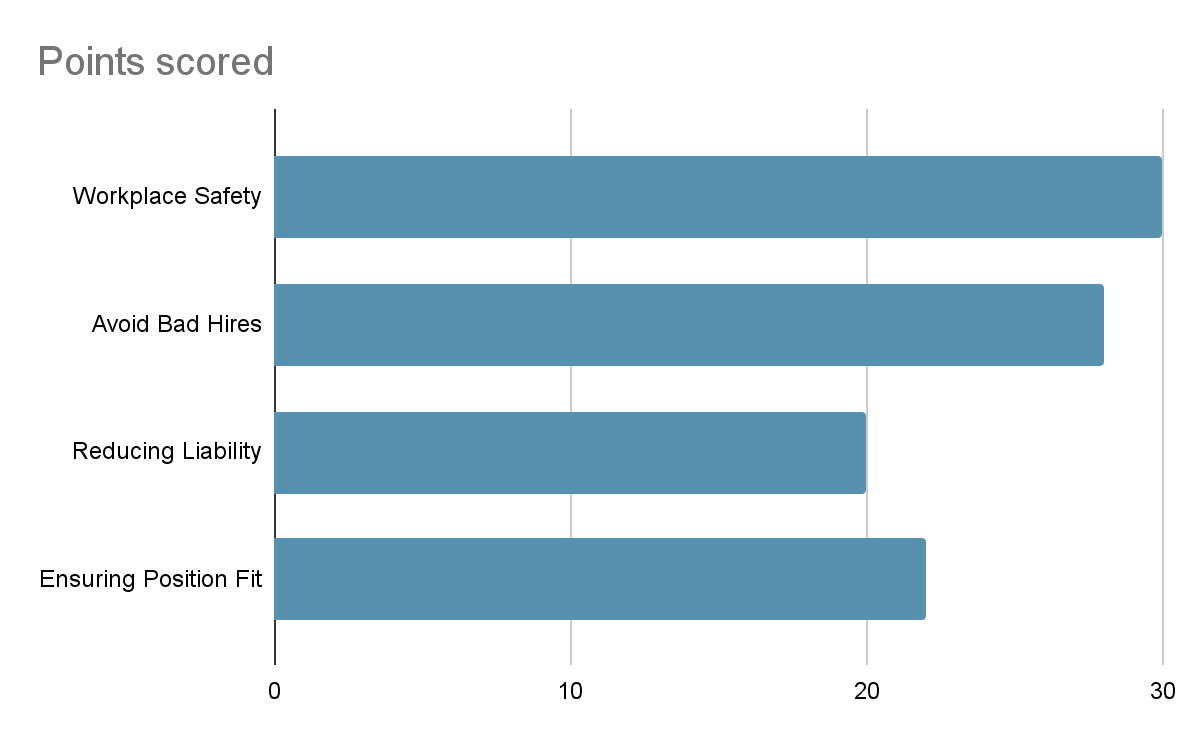How To Do Previous Employment Background Verification And Keep Track Of The Findings
1. Seek legal guidance and double-check your insurance coverage.
Before conducting pre-employment background checks, it is usually a good idea to talk with an attorney. They can assist you in moving in the proper path.
2. Create a policy.
Without a well-reviewed corporate policy for performing background check for employment you should not launch this program. If you wish to perform continuing background checks, make sure your policy includes that information as well as the possible reasons for the checks.
3. Use a pre-employment screening firm that complies with the Fair Credit Reporting Act.
Choose a background check service that follows FCRA guidelines. When you locate a supplier you like, ask them whether their processes are FCRA compliant and if they can produce paperwork to back up their claims.
4. Inform the applicants.
You should inform all job candidates that your organization conducts pre-employment background checks, drug testing, and other qualifying tests before hiring them.
5. Make a job offer that is conditional.
The previous employment background check should only be done after a job offer has been issued. Employers are prohibited from asking applicants about their criminal background on a job application under the ban-the-box law.
6. Perform a background check.
Each previous employment background verification company has its own set of procedures. The majority of the time, all you have to do is log in to your provider’s secure website, answer a few questions, and submit your request.
Follow up on the findings (particularly when you rescind an employment offer).
Contacting the candidate to ask follow-up questions is OK. They should be given the chance to clear their reputation, explain a mistake, or provide further context.
Reasons To Failed The Pre Employment Background Checks
1. Criminal History: Whether you may recruit the individual despite his or her criminal past is contingent on a number of circumstances, including industry-specific restrictions while doing pre employment background verification and the position he or she seeks.
2. Education Descrepencies: When a person is having difficulty finding work, the impulse to fluff a résumé might be strong. Education verification will help you. You’ll want to talk about the disparity if the candidate didn’t attend a certain college or get a degree or certificate as claimed.
3. Poor Credit History: This will be a big issue if driving is part of the job description. Checking a candidate’s driving record as a part of background check for employment can help you avoid legal and insurance ramifications, whether or not the employee is involved in an accident.
4. Failed Drug Test: Because screening standards promote uniformity among all new recruits, if an applicant fails a drug test and employment is predicated on passing, that candidate may be eliminated from consideration.
What Should You Do If Your Candidate Fails Pre-Employment Background Check?
- Check Your Policy
- Send a Notice of Pre-Adverse Action
- Allow enough time for your candidate to respond.
- Make a choice
- Send a Notice of Adverse Action

